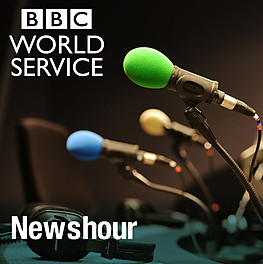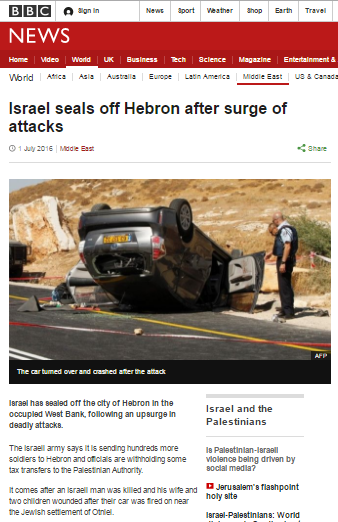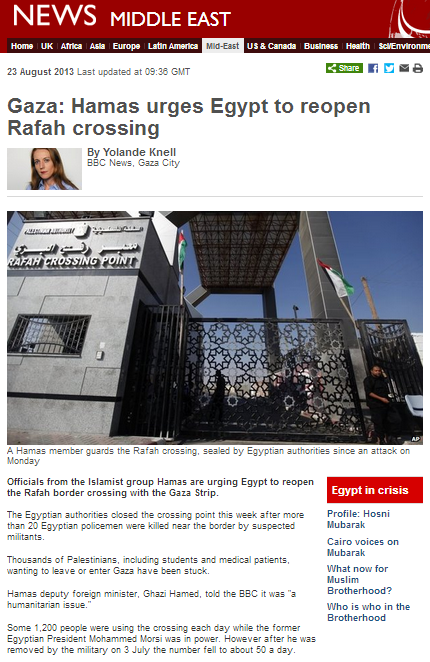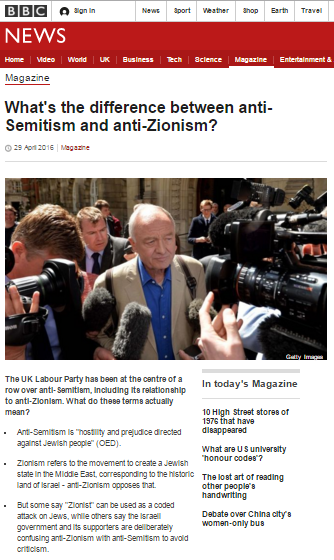Listeners to the afternoon edition of the BBC World Service radio programme ‘Newshour’ on July 4th heard a report from Yolande Knell in which information and context were side lined in favour of political messaging.
The introduction given by programme host Dan Damon (from 18:08 here) included the claim that there is such a thing as “international policy”.
[emphasis in italics in the original, emphasis in bold added]
Damon: “As the United States celebrates Independence Day, in Israel local officials and American diplomats are marking what they say are their closest ever ties. For the first time the US embassy to Israel has held its 4th of July party in Jerusalem; this of course after President Trump recognised that city as Israel’s capital – a controversial departure from long-time international policy. Palestinians and Left-wing Israelis have criticised recent actions by US Ambassador David Friedman in East Jerusalem, which the Palestinians want as the capital of their hoped-for future state. Our Middle East correspondent Yolande Knell reports.”
Listeners heard the sound of fireworks before Knell began with an incomplete and context-free portrayal of part of a speech made by Israel’s prime minister. While listeners could be forgiven for assuming that Netanyahu had compared “relations with this White House” to those with previous US administrations, he did not.
Knell: “Off with a bang. The US embassy held its first ever Independence Day party in Jerusalem this week. Watching the fireworks with their wives: the ambassador and Israel’s prime minister Benjamin Netanyahu. He celebrated his close relations with this White House.”
Recording Netanyahu: “…and it’s wonderful to have the greatest power on earth not opposing the Jewish state but supporting the Jewish state. What a twist.”
Listeners then heard that archaeology is “an Israeli Right-wing nationalist agenda”, although it is doubtful that they would be aware of the background to Knell’s reference to the opening of an archaeological site seeing as the BBC has failed to produce any reporting on that story.
Knell: “And breaking past conventions, there’ve also been some unusual shows of US support for an Israeli Right-wing nationalist agenda. Wielding a hammer, Ambassador David Friedman smashed through an underground wall to open a controversial Jewish archaeology centre in East Jerusalem.”
Recording Friedman: “Why would an American ambassador come to this event and speak at this event? Some people – not necessarily friends of ours – are obsessing about my being here.”
Listeners heard the unexplained sound of some sort of machinery working before Knell continued:
Knell: “Above the site in Silwan, tunneling has badly damaged some Palestinian homes. And the action of the top diplomat was seen as confirmation that the US is recognising Israeli control over East Jerusalem and supports the presence of Jewish settlers here on land the Palestinians want for their own state.”
Knell’s promotion of the claim made by local activists that houses in Silwan have been “badly damaged” by the archaeological dig is not supported by an interview with a local resident which appeared in the Jerusalem Post:
“There are cracks in some walls. But this is not new. This has been going on for years. Some residents have hired lawyers to ask for financial compensation to renovate their homes. I heard that some people did receive compensation.”
Knell refrained from informing audiences that the people she dubbed “Jewish settlers” reside in legally purchased properties. Interestingly, the BBC’s own definition of ‘settlements’ is as follows:
“Settlements are residential areas built by the Israeli government in the territories occupied by Israel following the June 1967 war.” [emphasis added]
That is not the case in Silwan, where some Israelis live in previously existing housing. However Knell steered listeners towards a narrative which characterises the purchase of property in certain areas of a city by people of a specific faith and ethnicity as “illegal” and undesirable. One of course doubts very much that the BBC would encourage its audiences to view neighbourhoods of mixed religion, ethnicity (and perhaps colour or sexual orientation) in any other city in such a light.
Knell also failed to inform listeners that Silwan was also previously known as Kfar Shiloach, that its Jewish residents were expelled by British Mandate forces after waves of Arab rioting and that, like the rest of the area conquered by Jordan in 1948, its subsequent annexation by Jordan was not recognised by the international community.
Knell next inadequately introduced her first interviewee:
Knell: “Jawad Siam lives locally.”
In breach of BBC editorial guidelines on impartiality, she did not bother to inform listeners that the professional political activist Siam (who has previously appeared in BBC content) has been campaigning against the archaeological dig for years.
Siam: “We are used that the USA supporting Israel but even it didn’t reach this level. He behaved like any other settlers in Palestine. He behaved like the Right wings in the Israeli parliament, in the Knesset. He does not see Palestinians have any right neither in Jerusalem nor Palestine.”
Knell continued with a reference to another inadequately presented event.
Knell: “Nearby, a musician plays the oud as the call to prayer rings out from the Al Aqsa Mosque. This gathering was at a sensitive spot by the Western Wall – the holiest site where Jews can pray. It was hosted by a pro-Netanyahu newspaper owned by a US billionaire who’s also a donor to President Trump and the discussion was about Washington’s latest peace efforts.”
That “sensitive spot” is the Davidson Center and the “gathering” was the ‘Israel Hayom Forum on US-Israel Relations’. Listeners then heard an edited recording of part of a speech made by US special Mideast envoy Jason Greenblatt at that event.
Recording Greenblatt: “We might get there if people recognise that vague terms such as ‘international law’, ‘UN resolutions’ and ‘internationally recognised parameters’ are not always clear-cut…”
Knell: “The president’s advisor, Jason Greenblatt – just back from a workshop in Bahrain.”
Greenblatt: “We might get there if people stop pretending settlements – or what I like to call neighbourhoods and cities – are the reason for the lack of peace.”
Knell then made sure that listeners did not forget the BBC’s standard partial mantra on ‘settlements’.
Knell: “Jewish settlements are seen as illegal under international law, although Israeli authorities disagree. As Left-wing Israelis worry about changes in US language and long-held policy in East Jerusalem, I meet Hagit Ofran from the NGO ‘Peace Now’.”
Listeners were told nothing of the political agenda of ‘Peace Now’ – not least the fact that it organised a demonstration against the opening of the ‘Pilgrimage Road’ archaeological site – again despite BBC editorial guidelines stipulating that the “particular viewpoint” of interviewees should be clarified.
Ofran: “This is the most delicate place of our conflict – the volcanic core – a few meters from the Temple Mount, Haram al Sharif, al Aqsa mosque. You cannot come with sledgehammers and say this is Israel sovereignty. You should come with tweezers and settle this place in a way that respects everybody.”
Knell closed her report with more promotion of a specific narrative:
Knell: “Back at the embassy’s Independence Day party, most Israelis are delighted about this White House’s strong backing for their country. But there are warnings too: that by losing credibility as a peace broker with the Palestinians, it could make it harder to resolve the conflict here and that would ultimately go against Israel’s interests.”
While Knell was apparently not interested in reporting on the Second Temple era archaeological discoveries that she portrayed as “controversial”, she clearly was interested in using them to advance an overtly political and completely one-sided narrative on Jerusalem – and the Israelis living in one of its neighbourhoods.
Related Articles:
Excavating the Washington Post’s narrative on the Israel-Islamist conflict (CAMERA)
BBC’s Bowen continues to pronounce the demise of the two-state solution
BBC’s Middle East editor Tweets about ‘attitudes’
BBC presents property purchased by Jews as ‘settlements’



